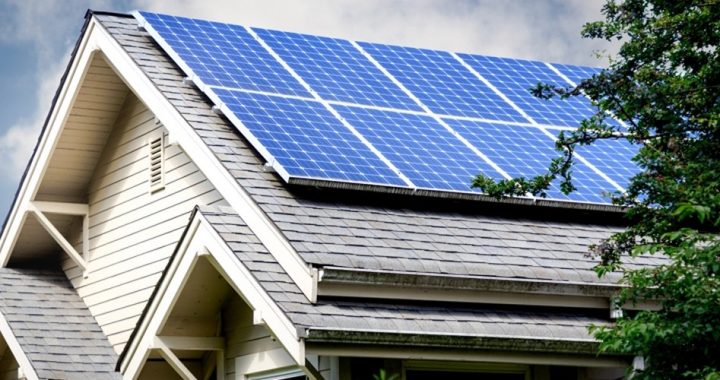
Unelected bureaucrats in California announced on Wednesday that the state will become the first in the union to mandate solar panels on all new homes beginning in 2020. Calling the new building code “a historic undertaking,” the California Building Standards Commission (CBSC) voted unanimously to add energy standards approved in May by more unelected bureaucrats, the California Energy Commission.
So, a state with a large homeless population and a crisis in affordable housing has decided to add $8,000-$12,000 to the cost of already-overpriced housing. Ok, then.
Commissioners to the CBSC are appointed by the governor — in this case, Governor Jerry “Moonbeam” Brown — and approved by the largely Democrat State Senate. That being the case, it’s unlikely that any climate realist had much of a say in the decision.
“These provisions really are historic and will be a beacon of light for the rest of the country,” said structural engineer and committee member Kent Sasaki, who voted for the measure. “[It’s] the beginning of substantial improvement in how we produce energy and reduce the consumption of fossil fuels.”
While the costs of building will undoubtedly go up with the new code, proponents of the change argue that those costs will be offset by savings in lower utility costs over the 30-year lifespan of the solar panels.
“What [the new standards] will do is save money on utility costs,” said Pierre Delforge, a senior scientist with the Natural Resources Defense Council. “This is not only the right thing to do for the climate, it’s financially smart.”
One commission member, while still voting for the new standards, expressed concerns that the added costs attached to the new code might make it more difficult for Californians affected by wildfires to rebuild. But supporters of the new code maintain there are ways for homeowners to avoid the upfront costs of adding the solar panels. Homebuilders can either lease the solar system or sign a “power purchasing agreement,” which will pay for the electricity the panels produce without actually purchasing the panels.
While the new standards were passed unanimously by Governor Moonbeam’s select panel, the new building codes are far from being unanimously accepted by California’s populace.
“With median home prices in California already more than double the national average, this decision will make it even more difficult for the average Californian to afford a home,” said a letter from Assemblyman James Gallagher (R-Yuba City).
Butte County Treasurer/Tax Collector Peggy Moak said the new solar mandate “will be costly to homeowners in California and also eliminate personal choice.” Moak also doesn’t believe the estimates that state increased building costs will be in the $8,000-$12,000 range. Moak stated that those increased costs are “running more than $25,000.00.”
While the CBSC sang nothing but praises for the solar panels, there are definite concerns about their safety, especially in fire-prone California. A link between fires and solar panels exists, especially if there are any installation errors in the panels. Because of the weight of the panels and the inherent electricity they are designed to create, solar panels, particularly poorly installed ones, can be a source of ignition for fires.
And should a fire take place, solar panels present a potentially deadly conundrum for firefighters, whose first priority is usually to disconnect a building’s utilities. This is impossible with a roof-mounted solar panels, which produce and store their own electricity. The electricity contained in such a solar cell can cause a flash arc, which could endanger firefighters.
The link between solar panels and fires is a contentious one, but in fire-ravaged California, shouldn’t that issue have been, at least, addressed by the CBSC? With so many solar panels set to be put on so many new buildings, won’t there be a lot more opportunities for such panels to be installed improperly?
California’s proposition system allows for a direct vote on sweeping mandates such as this one. Why wasn’t that system used to make this decision, as opposed to an unelected bureaucratic entity simply ordering new rules that will affect thousands of citizens? In this case, a government panel, not representatives of the people, is being allowed to mandate higher costs and increased fire risks for the people of California.
And it’s all being done because of the extremely debatable theory of man-made climate change
Image: Cindy Shebley via iStock / Getty Images Plus



